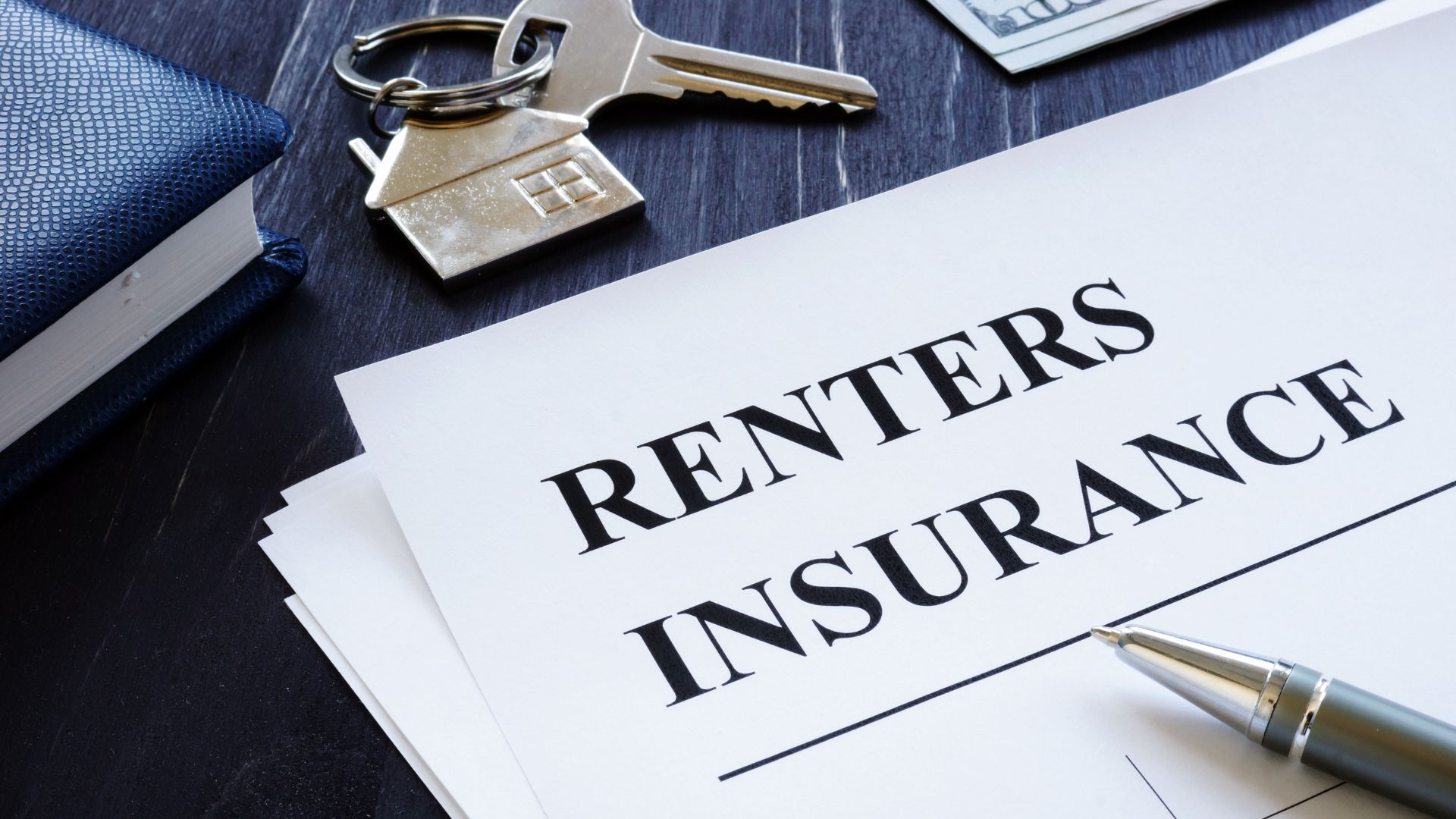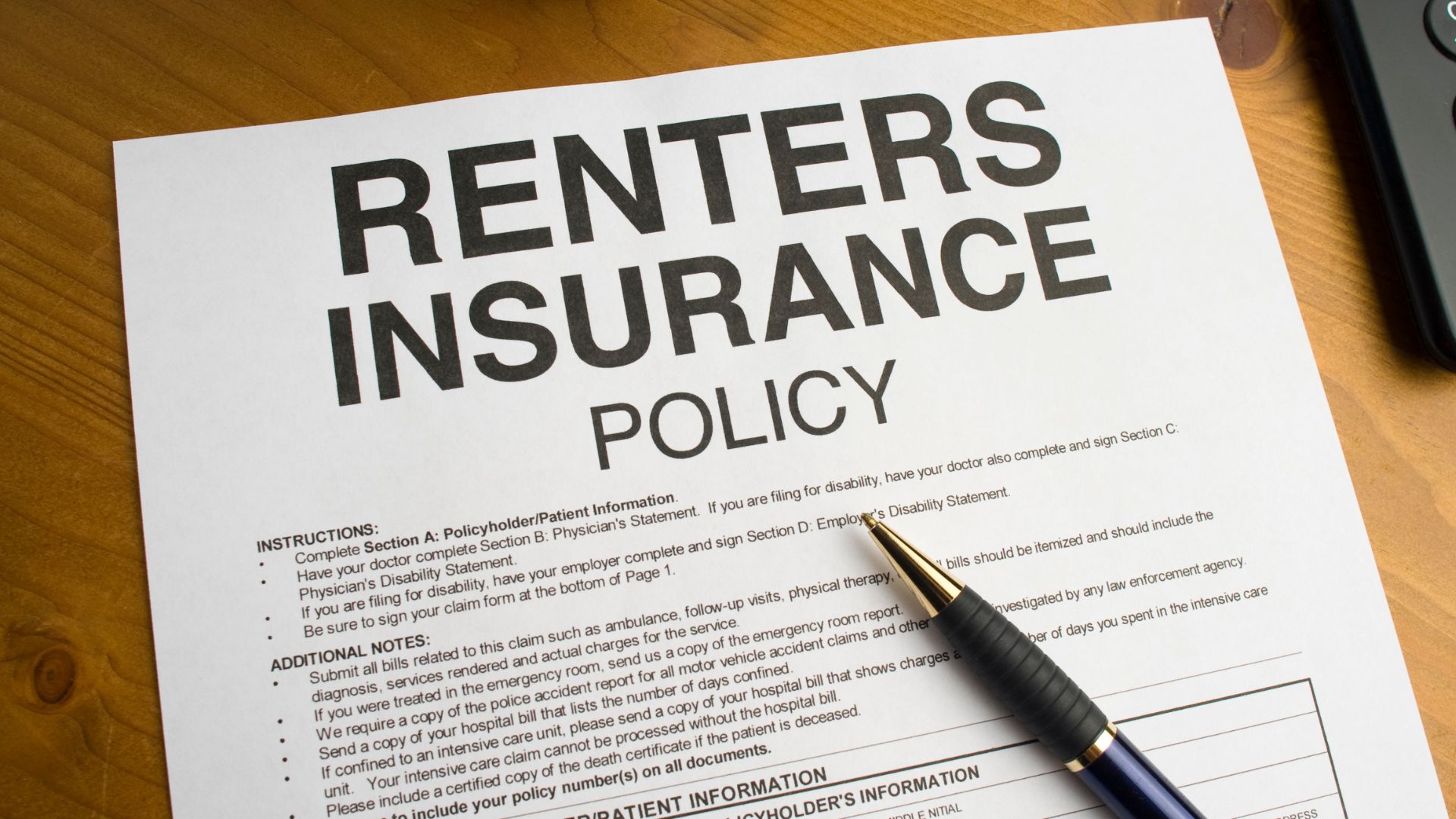Running a rental property business involves various costs, and commercial renters insurance is one of the essential expenses you can’t overlook.
It’s crucial to protect your investment, but that doesn’t mean you have to break the bank. In this guide, we’ll walk you through practical tips to help you save on commercial renters insurance cost.
Understanding Commercial Renters Insurance
First things first, let’s clarify what commercial renters insurance is all about. Essentially, this type of insurance covers the property you rent for business purposes. It’s also known as business rental insurance. This policy typically includes coverage for property damage, liability protection, and sometimes, loss of income due to disruptions.
Now, several factors can influence the cost of your commercial rental property insurance rates.
The location of your property plays a big role—properties in high-risk areas, whether due to crime rates or natural disasters, will usually see higher premiums. The size and type of your property also matter. Larger properties or those with specialized features might need more coverage, driving up costs. Your claims history can affect your rates, too. Frequent claims can signal to insurers that you’re a higher risk, leading to higher premiums.
Assessing Your Insurance Needs
Before you start shopping for insurance, it’s crucial to understand exactly what you need. This step can prevent you from over-insuring or under-insuring your property.
Begin by evaluating the size and type of your rental property. Are you renting out a small retail space, a large office building, or perhaps an industrial warehouse? The type of property will determine the level of coverage required. Next, consider the specific risks associated with your location and the nature of your business. For example, if your property is in an area prone to flooding, you’ll need to ensure your policy covers flood damage.
Assessing the value of the property and its contents is also important. This includes not just the building itself, but also any equipment, inventory, or fixtures inside. Accurate valuation helps in selecting a policy that adequately covers potential losses without overpaying for unnecessary coverage.

Shopping Around for Quotes
One of the most effective ways to save on renters insurance commercial policies is by shopping around. Don’t settle for the first quote you receive. Different insurance providers can offer vastly different rates and terms, so it’s worth taking the time to compare.
Start by using online tools and comparison websites. These platforms allow you to input your details once and receive multiple quotes from various insurers. It’s a convenient way to see your options side by side. When comparing quotes, don’t just look at the price. Consider what each policy covers and the coverage limits. A cheaper policy might not offer the comprehensive protection you need.
It’s also a good idea to read reviews and check ratings for the insurance companies you’re considering. Look for feedback on their customer service, claims process, and overall reliability. An insurer with slightly higher premiums might be worth the extra cost if they provide excellent service and have a reputation for handling claims efficiently.
Working with an Insurance Broker
Navigating the world of commercial tenant insurance can be complex, and this is where an insurance broker can be incredibly helpful. A broker works as your advocate, shopping around on your behalf to find the best policy at the best rate. They have access to a wide range of insurance products and providers, some of which you might not be able to access on your own.
One of the biggest advantages of working with a broker is their expertise. They understand the intricacies of different policies and can help you identify what coverage you need and where you can cut costs. For example, a broker might notice that you’re paying for unnecessary add-ons or that you qualify for discounts you didn’t know existed. They can also help you compare quotes more effectively, ensuring you’re comparing apples to apples.
When choosing a broker, look for someone who specializes in commercial insurance. This ensures they have the relevant experience and knowledge to get you the best deal. It’s also wise to check their credentials and reviews. A good broker should be transparent about their fees and how they get paid, whether it’s through commissions from insurance companies or direct fees from you. Remember, the goal is to save money, so you want to ensure the broker’s fees don’t eat into your savings too much.
Policy Bundling
Another effective strategy to save on commercial renters insurance is policy bundling. This involves combining multiple insurance policies with the same provider. For instance, you might bundle your commercial rental insurance with general liability insurance, business interruption insurance, or even your personal home insurance.
Bundling policies often leads to significant discounts because it provides more business to the insurance company, and they reward that with lower rates. Plus, having all your policies under one roof can make managing your insurance simpler and more efficient. You deal with one company for all your claims and questions, streamlining the process.
When considering bundling, make sure to ask your insurance provider about the discounts available. Sometimes, these discounts aren’t advertised, so it’s important to inquire directly. Compare the bundled rate to the sum of individual policies to ensure you’re actually saving money. Also, ensure that bundling doesn’t lead to compromised coverage. The combined policy should still meet all your needs adequately.
Risk Management and Mitigation
Implementing risk management strategies is a proactive way to lower your commercial rental property insurance rates. Insurance companies look favorably on properties that take steps to minimize risks because it means they’re less likely to have to pay out claims.
Start by investing in safety measures. Install fire alarms, sprinkler systems, and security systems. These devices not only protect your property but also signal to your insurer that you’re serious about preventing losses. Regular maintenance is another key aspect. Keep your property in good repair to avoid issues like water damage, electrical fires, or structural problems that could lead to costly claims.
You can also create a risk management plan. This plan should outline procedures for maintaining safety and preventing accidents. For example, it might include regular inspections, safety training for employees, and protocols for dealing with emergencies. Share this plan with your insurance provider. They might offer you a discount for having a comprehensive risk management strategy in place.
In addition to physical safety measures, consider the financial risks. Review your claims history and identify patterns or recurring issues. Addressing these problems can reduce future claims, which can help lower your premiums. For instance, if you notice frequent minor thefts, improving security can make a big difference.
Some insurance companies offer credits or discounts for risk management practices. Always ask your insurer what programs or incentives they offer for improving safety and reducing risks. Not only can these practices lower your insurance costs, but they also protect your investment, making them a win-win.
Increasing Your Deductible
One straightforward way to lower your commercial rental insurance policy cost is by increasing your deductible. The deductible is the amount you pay out-of-pocket before your insurance kicks in. Generally, the higher the deductible, the lower your premium.
Before you decide to raise your deductible, consider your financial situation. Make sure you can comfortably cover the higher deductible in case of a claim. It’s a balancing act: you want to reduce your monthly expenses without risking financial strain if something goes wrong.
Talk to your insurance provider about how different deductible levels affect your premium. Sometimes, even a small increase in your deductible can lead to significant savings. But don’t just go for the highest deductible available; choose a level that makes sense for your budget and risk tolerance.
Reviewing and Updating Your Policy Regularly
Insurance needs can change over time, so it’s essential to review and update your policy regularly. Aim for an annual review to ensure your coverage matches your current needs and to explore any potential savings.
During your review, check for any changes in your property’s value, new additions, or renovations that might affect your coverage needs. Also, consider any changes in your business operations. For example, if you’ve added new equipment or expanded your services, you might need additional coverage.
Use this opportunity to shop around and compare quotes again. The insurance market is competitive, and you might find a better deal than your current one. Don’t hesitate to negotiate with your current provider using quotes from other companies as leverage.
Taking Advantage of Discounts and Credits
Insurance providers often offer various discounts that can significantly reduce your premiums. However, these discounts are not always widely advertised, so it’s crucial to ask your insurer directly.
Common discounts include those for having multiple policies with the same insurer, maintaining a good claims history, and implementing safety measures. Additionally, some insurers offer loyalty discounts for long-term customers.
Security features like alarm systems, fire sprinklers, and surveillance cameras can also earn you discounts. Make sure to document all safety features and share this information with your insurer.

Joining Professional Associations
Membership in professional associations can be another way to save on commercial renters insurance. Many associations negotiate group rates for their members, which can be lower than individual rates.
Look for associations relevant to your business or property type. Joining these groups can not only save you money on insurance but also provide networking opportunities and other benefits. Be sure to ask about any insurance partnerships they might have.
Educating Yourself and Staying Informed
Staying informed about insurance trends, regulations, and best practices is crucial for making smart decisions about your coverage. Utilize resources like industry blogs, newsletters, and webinars to keep your knowledge up-to-date.
Understanding the terms and conditions of your policy helps you avoid unnecessary costs and ensures you’re getting the coverage you need. Continuous education can empower you to negotiate better rates and make informed choices about your insurance needs.
